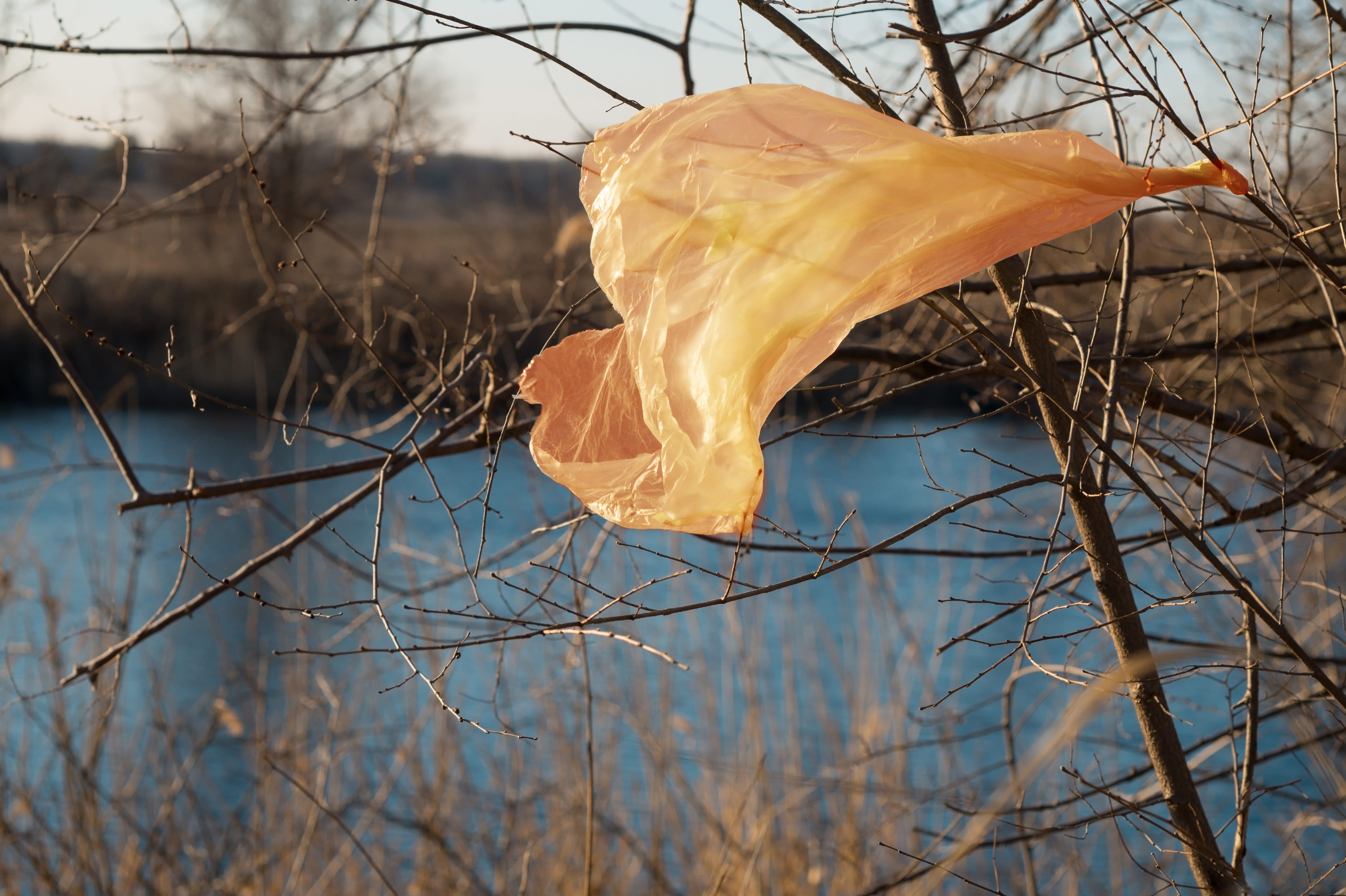SWAMPSCOTT — Plastic bags could soon be a thing of the past in Swampscott, if a new bylaw banning them passes at Town Meeting next month.
Town Meeting members will be asked to adopt the new bylaw, an article on the warrant sponsored by the Board of Selectmen.
“This reflects the town’s concern about just the environmental impact of these plastic (bags) on our seacoast and sensitive habitat areas,” said Town Administrator Sean Fitzgerald.
Fitzgerald said a number of residents have presented concerns about plastic bags.
He is in favor of the ban, calling it an environmental best practice. He said it’s important for the town to look at ways to sustain the environment and worries about the number of plastic bags and bottles that are in the ocean.
If passed, the bylaw would have to be approved by the attorney general’s office before it could be implemented in town, according to Naomi Dreeben, chairwoman of the Board of Selectmen.
Fitzgerald said the ban is about the town trying to be more careful with its responsibilities as environmental stewards. He cited nearby communities, such as Marblehead, that have also passed a ban and successfully transitioned from plastic to paper, along with pending legislation that would ban plastic bags statewide.
If the bylaw is passed, Fitzgerald said the town would look at timelines and strategies to work with the business community in ways to implement the ban in a careful and responsible manner.
Dreeben said she’s also in favor of the ban — she supports the reduction of plastic and even styrofoam in Swampscott. The town’s neighbors on both sides, Salem and Marblehead, have passed bans on plastic bags.
Dreeben said plastics getting into the environment can be detrimental, including to wildlife. Plastics have been getting into the ocean after floating up into the atmosphere and washing out into the water. Bags fly down the street from people leaving them, she said.
“We’re an oceanfront community so oftentimes, they go into the water and they don’t biodegrade,” she said. “They just stay forever and ever as pollution.”
Dreeben said she could only think of convenience as a reason someone would be against the ban. Shoppers, including at grocery stores, would have to remember to bring their own reusable bags into the store if they don’t want paper bags. But she doesn’t see the ban as a major change, or compelling reasons not to do it.
For the last six years, state Rep. Lori Ehrlich (D-Marblehead) has championed legislation on Beacon Hill to ban plastic bags statewide. Her measure would require merchants to use paper for customers who don’t bring their own bags.
Ehrlich said the bill was voted on favorably by the Joint Committee on Environment, Natural Resources and Agriculture, and was referred to the House Committee on Ways and Means. The bill has to pass the state House and Senate.
Ehrlich said 64 communities in Massachusetts, including Boston, have passed local ordinances.
“Each local ordinance strengthens the chance of the bill being voted on successfully,” Ehrlich said. “The local efforts are really important for the grassroots that they represent and the statement that it sends to the representatives of the local community.”
She said the ban is an easy case to make along the coast because oceans are straining from the amount of plastic being dumped into them. She said people can see plastic bags floating along, but what they don’t see below the surface is really harming marine life.
Even in the cities, Ehrlich said plastic bags are ending up in trees and are clogging sewer drains and causing flooding.
Ehrlich said the United States uses 100 billion plastic shopping bags annually, with retailers spending about $4 billion to supply them. She cited a study from the World Economic Forum that found plastic in the ocean would outweigh fish pound for pound by 2050.

